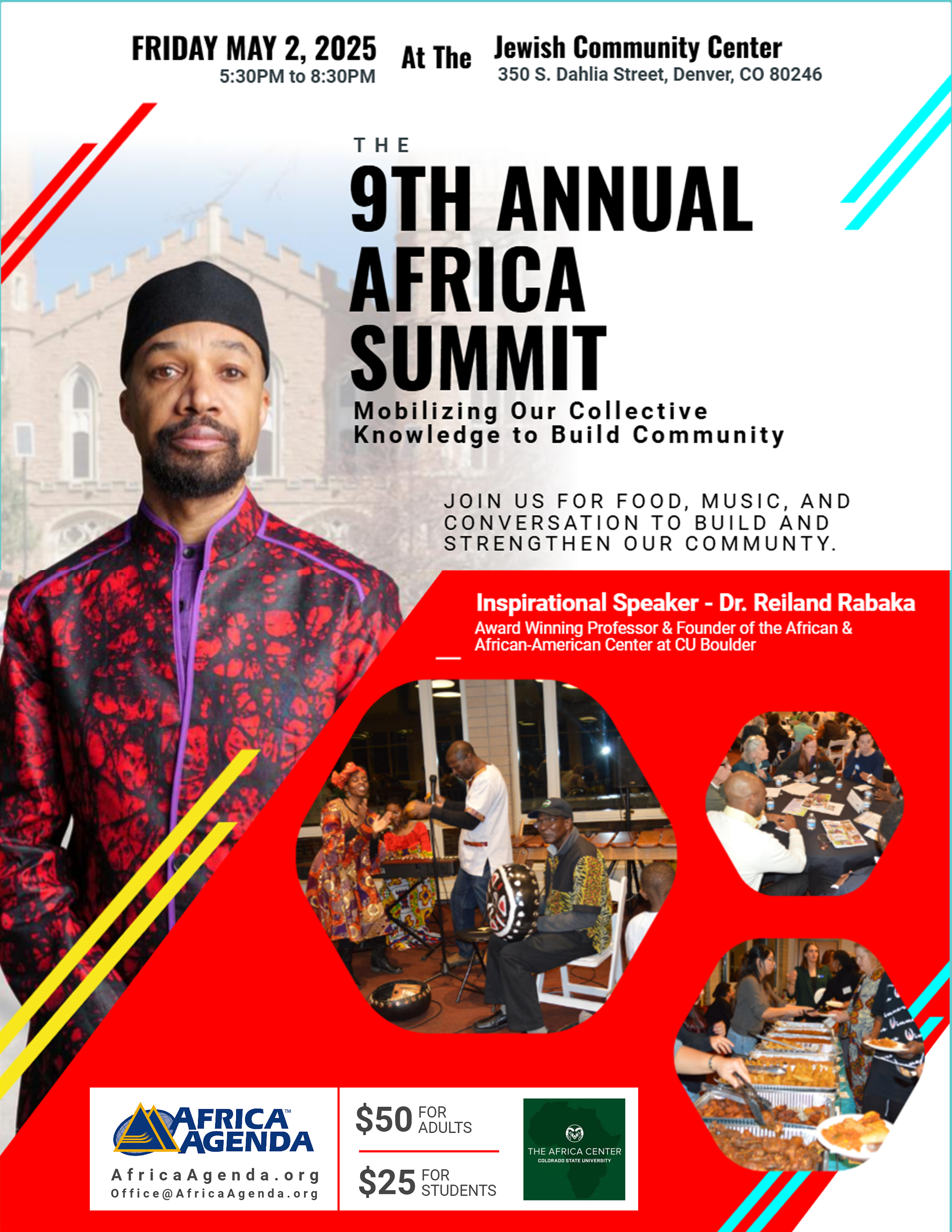Elections and succession politics in Africa in the new millennium
Statement from the Chair of the Organizing Committee, Dr. Douglas Mpondi, Associate Professor and Chair, Africana Studies Department
Hello and welcome to the 36th Annual Black World Conference hosted by the Africana Studies department at Metropolitan State University of Denver! The Annual Black World Conference is our signature event every February in honor of the Black History Month. The theme of this year conference is “Elections and succession politics in Africa in the new millennium.
It has been more than 60 years since Ghana got its independence in 1957, the first country in Africa south of the Sahara to attain its freedom from British colonial rule. Most of the first generation African leaders, Kwame Nkrumah in Ghana, Sekou Toure in Guinea, Leopold Senghor in Senegal, Jomo Kenyatta in Kenya, Balewa & Azikiwe in Nigeria, Kenneth Kaunda in Zambia, Seretse Khama in Botswana, Hastings Banda in Malawi, Julius Nyerere in Tanzania tried to unite their people and protect the hard-earned independence. Most of them leaned on a one-party state and opposition politics was a taboo and viewed as derailing the gains of the liberation struggle. Succession had to come from within the ruling party. However, with the fall of the Soviet Union and the Communist bloc, a number of opposition parties emerged in many African countries.
Since the 1960s, African countries have experienced peaceful successions through elections in countries such as Botswana, Mauritius, Senegal, Kenya, Ghana; coups and counter-coups in Nigeria, Mali, Burkina Faso, Zimbabwe, Gambia, and later democratic elections; popular uprisings in Ivory Coast, Tunisia, Egypt; Big Man rule in Togo, Libya, Angola, Equatorial Guinea; civil wars in Somalia, DRC, Sudan, Mozambique, Liberia, Sierra Leone.
More recently, a new phenomenon of power transfer known as ‘recall’ emerged in post-apartheid South Africa with both Thabo Mbeki and Jacob Zuma ‘recalled’ from the office of the Presidency. Zimbabwe has experienced a ‘soft coup’ in November 2017 in which long-time ruler, Robert Mugabe, was forced to resign by the military. DRC had elections in December 2018 after Joseph Kabila has been in power for 18 years, the Ethiopian Parliament elected Sahle-Work Zewde as the first woman president in October 2018. On February 13th and 14th 2019, African scholars, political and community activists and students will discuss and interrogate the dynamism of elections and succession politics in Africa.
For questions about this event, please contact Dr. Douglas Mpondi of the Africana Studies Department at the Metropolitan State University of Denver. Email: dmpondi@msudenver.edu


